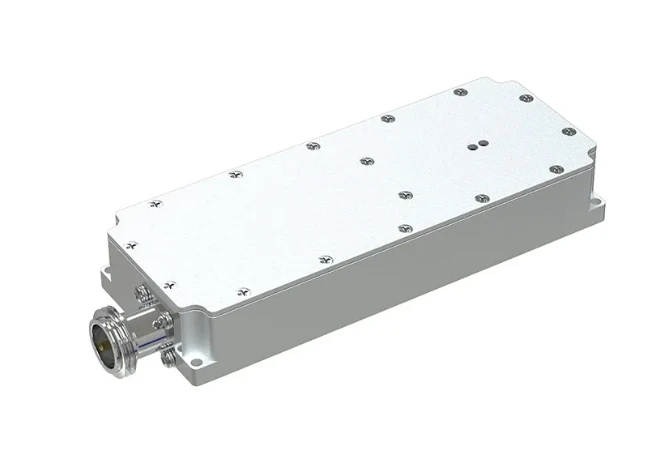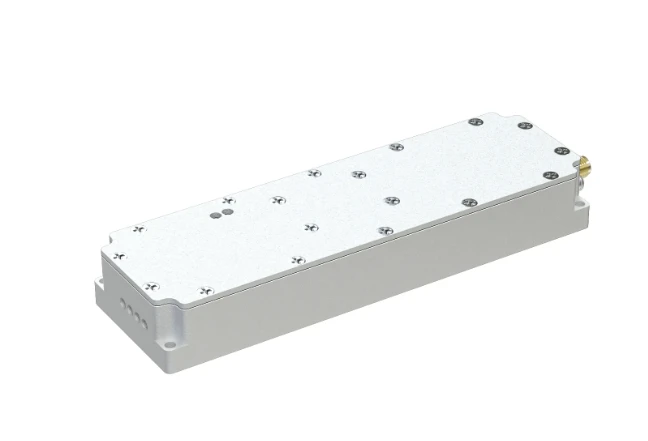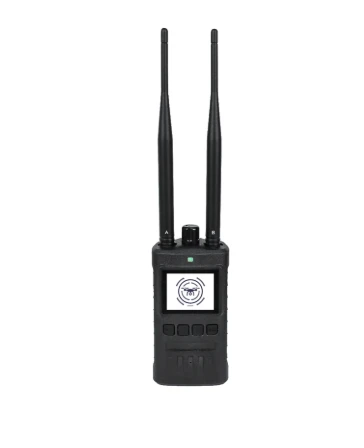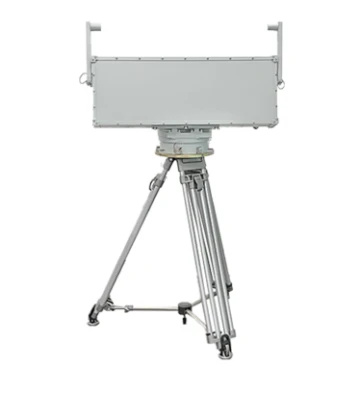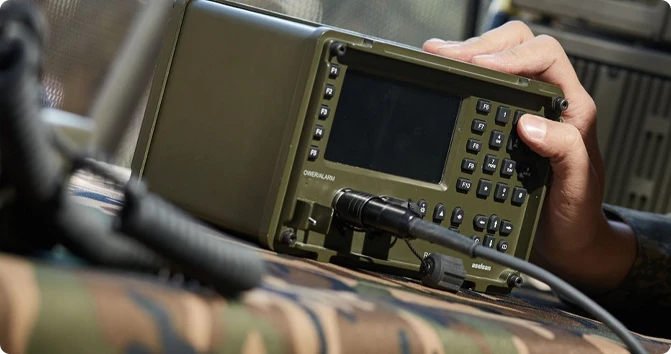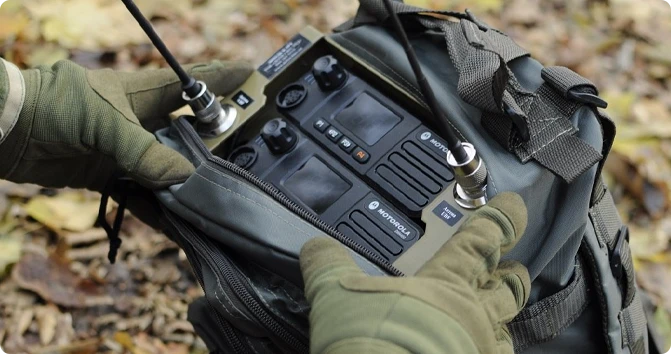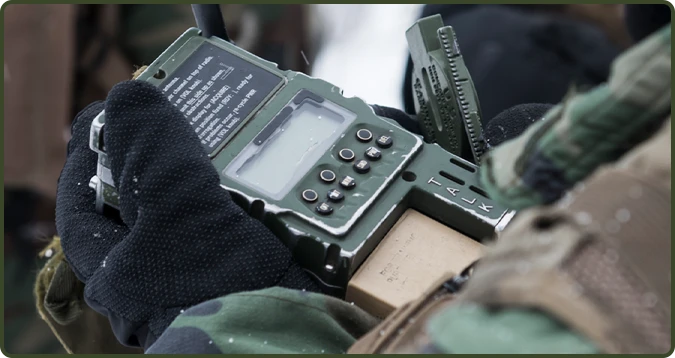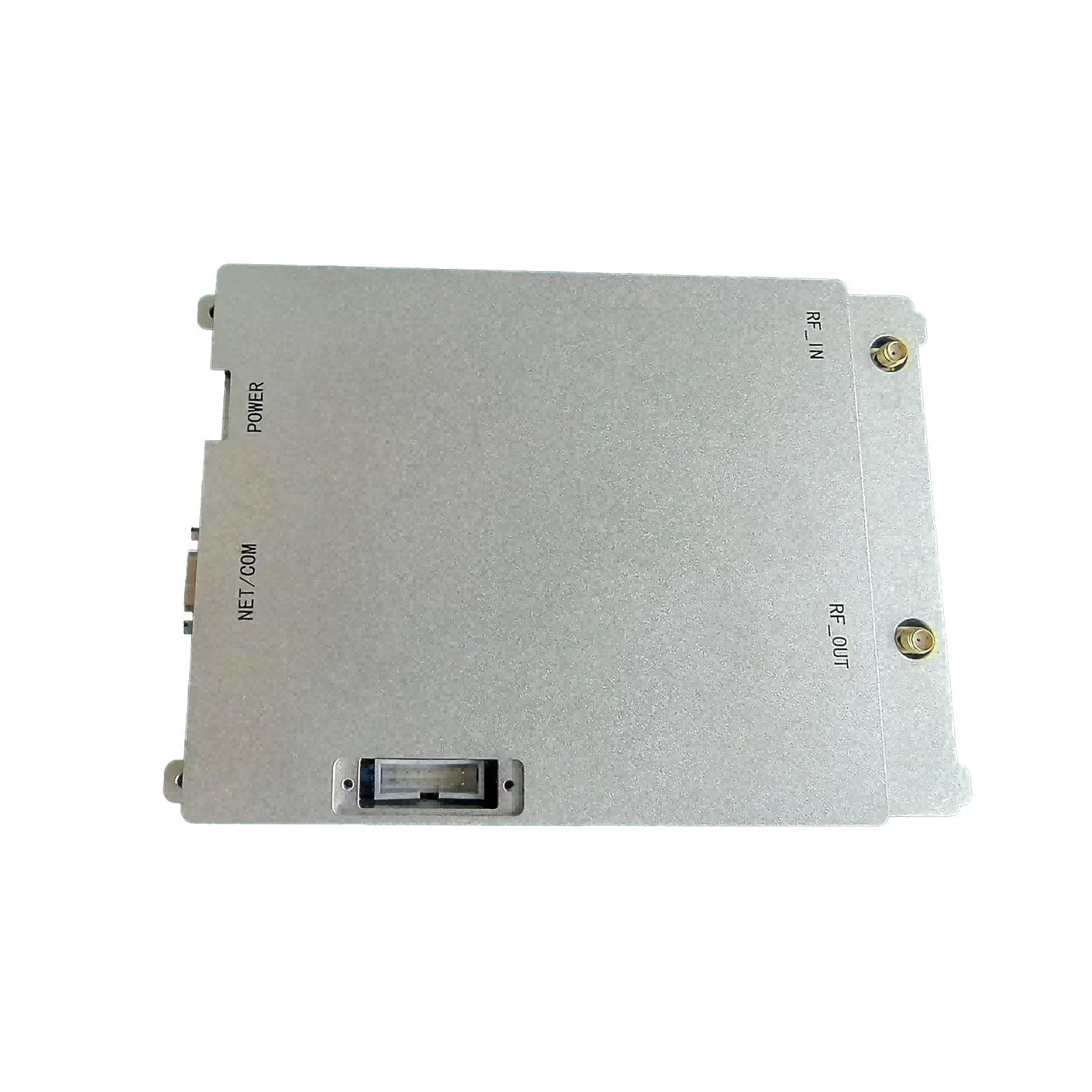Radio Signal Detector Applications in Critical Infrastructure
In modern power plants, maintaining operational stability is non-negotiable. Radio signal detectors, particularly specialized RF detectors, play a pivotal role in safeguarding these facilities. Power plants rely on intricate electrical systems and communication networks to distribute energy efficiently. However, the presence of unintended RF interference can disrupt sensitive equipment, leading to voltage fluctuations or even catastrophic failures.
A specialized RF detection device continuously scans the environment for anomalous signals. For instance, unauthorized wireless transmissions or electromagnetic noise from nearby industrial machinery might introduce interference. By deploying these detectors, plant operators can identify and mitigate risks in real time. In one case study, a nuclear power plant in Europe avoided a potential shutdown by using an RF interference detector to locate a malfunctioning transmitter that was disrupting control room communications.
Beyond immediate threat detection, radio signal detectors also support predictive maintenance. By analyzing historical RF data, engineers can anticipate equipment degradation or pinpoint components emitting abnormal electromagnetic signatures. This proactive approach minimizes downtime and extends the lifespan of critical infrastructure.
Enhancing Data Center Resilience with RF Detection Devices
Data centers, the backbone of the digital economy, demand flawless operation. Even minor RF interference can corrupt data transfers or destabilize server clusters. Here, RF detection devices act as silent guardians. These facilities house thousands of servers, routers, and cooling systems, all generating electromagnetic fields. A specialized RF detector maps these fields to ensure they remain within safe thresholds.
For example, a hyperscale data center in Asia reported intermittent network latency issues traced to an undocumented Wi-Fi router in a neighboring office. Using an RF interference detector, technicians identified the rogue device and shielded the affected servers. This intervention preserved data integrity and prevented revenue losses from service interruptions.
Moreover, radio signal detectors are vital for cybersecurity. Hackers increasingly exploit electromagnetic vulnerabilities to infiltrate systems. Advanced RF detection devices can detect covert signals used in side-channel attacks, where malicious actors extract encryption keys by analyzing power consumption patterns. By integrating these tools, data centers fortify their physical and digital perimeters.
Safeguarding Telecommunications with Specialized RF Detectors
Telecommunication towers and fiber-optic networks form the lifelines of global connectivity. RF interference detectors ensure these systems remain reliable. Cellular networks, for instance, operate within tightly regulated frequency bands. Unlicensed devices or overlapping signals from adjacent towers can degrade service quality.
A specialized RF detector deployed at a telecom hub in North America identified interference from a malfunctioning microwave link, which was causing dropped calls in a metropolitan area. Technicians recalibrated the equipment, restoring seamless connectivity. Similarly, undersea cable landing stations use RF detection devices to monitor for submarine-based signal disruptions, which could arise from natural phenomena or human activities like dredging.
In emergency communication systems, such as those used by first responders, radio signal detectors are indispensable. During disasters, maintaining clear channels is critical. These detectors help identify jamming attempts or competing signals that could hinder rescue operations.
RF Interference Detection in Transportation and Public Safety
Transportation networks—airports, railways, and traffic control systems—rely on uninterrupted communication. RF interference detectors ensure these systems operate safely. Air traffic control towers, for example, use specialized RF detectors to monitor for signals that could disrupt radar or navigation equipment. In 2024, an airport in Australia averted a potential collision when an RF interference detector flagged a drone operating illegally near the runway.
Railways employ RF detection devices to safeguard signaling systems. Unauthorized transmissions near tracks can interfere with train-to-control-center communications, risking derailments. By deploying portable RF interference detectors, maintenance crews swiftly locate and neutralize such threats.
Public safety agencies also depend on these tools. Police and fire departments use radio signal detectors to detect illicit jammers or unregistered transmitters that might obstruct emergency broadcasts.
Radio Signal Detector FAQs
How does a specialized RF detector improve home Wi-Fi performance?
A specialized RF detector identifies competing signals from neighboring networks or household appliances like microwaves. By pinpointing interference sources, users can optimize router placement or switch to less congested channels, enhancing Wi-Fi reliability.
Can an RF detection device protect small businesses from cyber threats?
Yes. Small businesses often lack robust IT infrastructure, making them vulnerable to electromagnetic eavesdropping. An RF detection device alerts owners to suspicious signals, helping prevent data breaches.
Why do hospitals need RF interference detectors?
Medical devices like MRI machines and pacemakers are sensitive to electromagnetic noise. RF interference detectors ensure these critical tools operate without disruption, safeguarding patient health.
Are radio signal detectors useful for amateur radio enthusiasts?
Absolutely. Hobbyists use radio signal detectors to troubleshoot antenna setups, locate signal leaks, or avoid frequency clashes with licensed operators.
How can schools benefit from RF detection devices?
Schools deploy RF detection devices to monitor for unauthorized devices like cell phones in exam halls or trackers that could compromise student safety.
For reliable radio signal detectors and specialized RF detection solutions, visit our website to explore our industry-leading products. Ensure your infrastructure’s resilience with cutting-edge technology tailored for critical applications.
-
09 March 2021 07 Jul 2025
-
09 March 2021 07 Jul 2025
-
09 March 2021 07 Jul 2025
-
09 March 2021 07 Jul 2025
-
09 March 2021 21 May 2025
-
09 maart 2021 25 dec 2024
-
09 maart 2021 14 okt 2022
-
09 maart 2021 25 dec 2024



